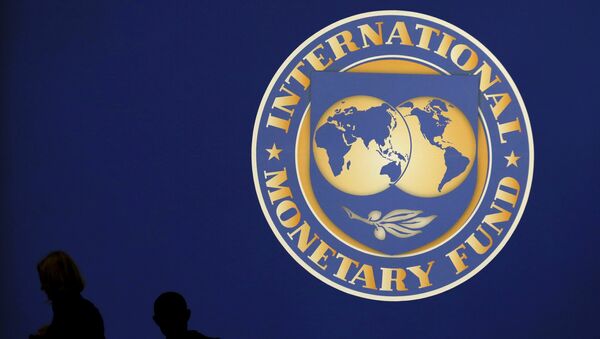"I have done an analysis of the Treasury's forecast that says Britain will be worse-off outside the EU. It is based on flawed statistics. And exactly the same model is used by the IMF," Lilley said.
"They have a track record of being wrong, especially on the European issues. They said we should join the exchange rate mechanism in 1980s, and we eventually did. When it became too painful, they said we shouldn't leave, as it would lead to the ‘end of civilization,’ the pound would fall and interest rates would go up. But actually from the day we left, interest rates came down and pound stabilized," he evaluated.
On Thursday, the United Kingdom prepares to vote in a referendum on whether it should stay in or leave the European Union.
Supporters of the UK exit from the bloc argue that EU membership has eroded Britain’s independence to legislate, direct its economy and control its borders. Proponents of the Remain campaign have argued that exit from the 28-nation bloc would devalue the national currency and hurt the country’s economy.



